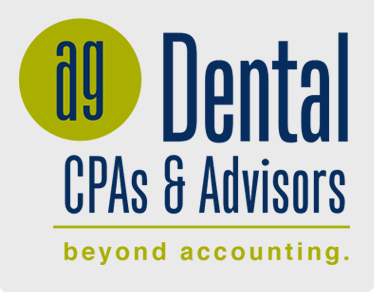
The dental profession holds a significant role within the healthcare industry, and safeguarding the financial stability of dental practices is paramount. Understanding and mitigating potential financial threats are essential steps for dentists to protect themselves and their practices. By proactively educating oneself, it becomes possible to navigate potential pitfalls and steer clear of troublesome situations.
Ensure that your billing and collections process is efficient. This includes making sure you are accurately coding claims and collecting payments on time. Make sure your office is HIPAA compliant, as this helps to protect patient information and prevent any potential financial losses. Additionally, it is vital to have a comprehensive risk management plan in place to help prevent potential financial losses. This plan should include insurance coverage for malpractice, errors and omissions, and other potential liabilities.
Another way to protect your practice from financial threats is to create an emergency fund. This fund should be used to cover unexpected expenses and protect your practice from any financial losses. Create a budget and stick to it. This will help ensure that you are not spending more money than you have and help you keep track of your financials.
It is also important to create a strategy for dealing with delinquent accounts. This includes setting up a system for collecting past due payments, as well as setting up a system for dealing with patients who do not respond to payment reminders. Additionally, it is important to ensure that you are billing correctly, as incorrect billing can lead to financial losses.
Finally, you need to know how to protect your practice from cyber threats. This includes securing your patient information, as well as having a strong password protection system in place. Your practice must have adequate security measures in place to protect against any potential cyber-attacks.
By taking these steps to protect your practice from financial threats, you can ensure that your practice remains successful and secure. Additionally, it is important to stay abreast of changes in the healthcare industry, as well as any new regulations or laws that may impact your practice. By staying informed, you can ensure that you are prepared for any potential financial threats and protect your practice from potential losses. Contact our dental accounting firm today to learn how we can help.




